
How to Seek a Loan for a Used Car! Here Are Some Tips to Consider Before You Buy One!

 They say the value of a car dips down as soon as it ventures out of a showroom! Loans for new and used cars have almost similar terms. But it’s important to look under the veneer and see what you are getting. A new car loses 10 percent of its value as soon as you zoom off with it. It may lose another 10% after a year. That means there is a crash of 20% of the car’s value in the first 12 months. That’s why experts tell you it is best to buy at least a year old and let the next user get the 20% depreciation hit.
They say the value of a car dips down as soon as it ventures out of a showroom! Loans for new and used cars have almost similar terms. But it’s important to look under the veneer and see what you are getting. A new car loses 10 percent of its value as soon as you zoom off with it. It may lose another 10% after a year. That means there is a crash of 20% of the car’s value in the first 12 months. That’s why experts tell you it is best to buy at least a year old and let the next user get the 20% depreciation hit.
Sometimes the used cars may look as good as the real ones, barring, of course, a few wears and tears or the number of miles it has eaten up. However, the only problem is finding it difficult to find financing for the car. If you find it difficult to find finance for your car, here are some tips to help you with that.
Understand Your Credit Score
Financing a car and getting a mortgage for the same isn’t the same thing. You can get yourself a car loan even if your credit score looks bad. The only issue to ail you is that you may have to endure a higher interest rate if you have little to no credit. When the dealerships state that they have very low-interest rates, they usually mean it is one with a FICO credit score of 700 or over. People who have a lower credit sometimes may face trouble in getting a good financer.
Compare Quotes
Browse more before selecting an excellent dealership or company and get good quotes for everyone who may give you a loan. Shopping for a financing company is like making any other big purchases in life. You should compare the loan amount, and the term duration, and the interest rate they’re offering to get the best deal. Only then can you go ahead and sign the dotted line.
Take Short-Term Loans

Many people think that having a longer loan duration may mean lesser monthly burdens. They can not be further from the truth. A shorter loan term may mean you will end up saving money in the long run.
Paying off the loan faster may also mean paying a lower interest over time. We get it. It is always tempting to stretch payments for five years or more, but it may cost you more as the interest increases. Also, you may get a car that isn’t worth the price by the time you end up paying off the loan.
Pay Maximum Down Payment
One most important tip for anyone purchasing a vehicle is that you may have to pay off at least 20% of the total price as a down payment. When you pay more money, it may be taken as an initial loan. This may not only impact the payments, but it may also impact the interest rate. If you save more and save more money, say 20% down or more, you may finally save more money in the long run.
Pay The Major Chunk as Cash
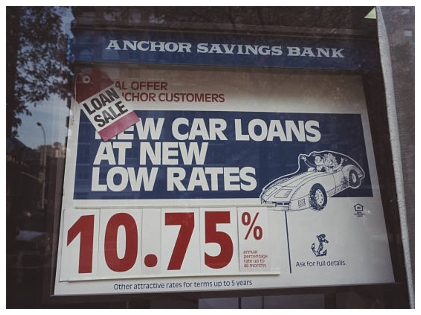 Other fees that you need to be mindful of are paying the dealership fees to documentation fees, and there is always sales tax to consider when you go about to purchase a vehicle. Consider thinking of paying off the fees and taxes in cash rather than letting it affect your loan.
Other fees that you need to be mindful of are paying the dealership fees to documentation fees, and there is always sales tax to consider when you go about to purchase a vehicle. Consider thinking of paying off the fees and taxes in cash rather than letting it affect your loan.
Dealerships are forthcoming to add these fees to your loan or may offer to pay off sales tax. But this may only increase the loan amount. Not only that, but you may also have to pay off the additional interest on the amount you add to the sales tax.
Get a Non-Recourse Loan
If you happen to default on a loan, the financing company may end up repossessing your car. Sometimes, the car may not be worth the residual amount left of the loan, so that you may end up with a deficit. In such a situation, a non-recourse loan may protect you. In case you default on a non-recourse loan, you may have to pay the difference, and you may not have an asset that is valuable enough to cover the loss.
Consider these options while you choose the right financing company to get a smooth ride, henceforward. Good luck!
More in Loans & Mortgages
-
`
Curious About Travis Kelce’s Net Worth? Here’s the Scoop!
Travis Kelce’s name echoes through NFL stadiums, synonymous with athletic prowess and electrifying plays. But beyond his touchdown celebrations and record-breaking...
June 10, 2024 -
`
Everything You Need to Know About an Assumable Mortgage
What is an Assumable Mortgage? Whether you are a buyer or a seller, understanding the concept of assumable mortgages can open...
June 6, 2024 -
`
Layoff vs. Fired – Understanding the Crucial Differences
When it comes to job loss, understanding the distinction between being layoff vs. fired is crucial. While both situations result in...
May 30, 2024 -
`
When Are Business Taxes Due 2024? Essential Dates and Deadlines
Tax deadlines can be daunting, but fear not! Let’s break down everything you need to know to stay on top of...
May 22, 2024 -
`
How Much Does Jeff Bezos Make Per Hour? It’s More Than You Think!
Jeff Bezos, a name synonymous with innovation and wealth, stands as one of the world’s richest individuals. While Bernard Arnault and...
May 16, 2024 -
`
What is Portfolio Investment Entity (PIE) and How Can it Benefit You?
In the intricate world of finance, individuals seek avenues to optimize their investments while minimizing risks. One such avenue gaining traction...
May 9, 2024 -
`
What is a Bank Statement? Understanding its Definitions, Benefits, and Prerequisites
Ever wondered where your money goes? A bank statement is like a financial report card, giving you a clear picture of...
April 30, 2024 -
`
Branded Content: A Genuine Way to Connect With Your Audience
Have you ever binge-watched a series on Netflix, only to later realize that the beverage everyone’s sipping on is that brand...
April 23, 2024 -
`
What Car Does Jeff Bezos Drive? Find Out Inside His Exclusive $20 Million Collection
Have you ever wondered what car does Jeff Bezos drive? This man’s tastes in vehicles are as expansive as his business...
April 17, 2024




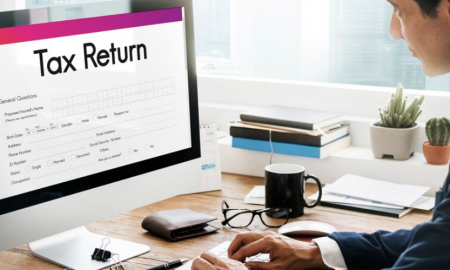

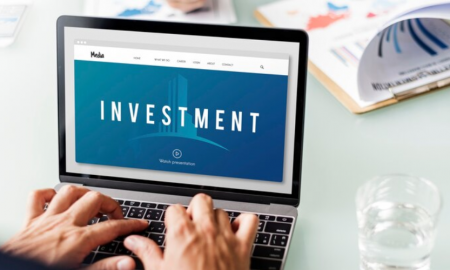
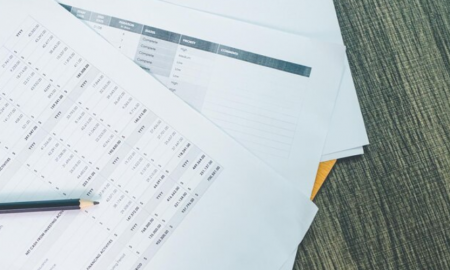


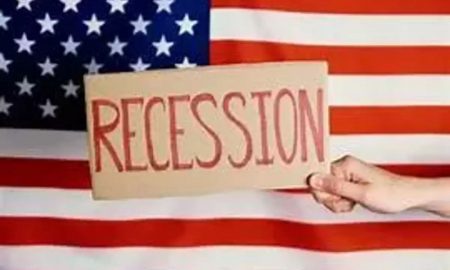




You must be logged in to post a comment Login